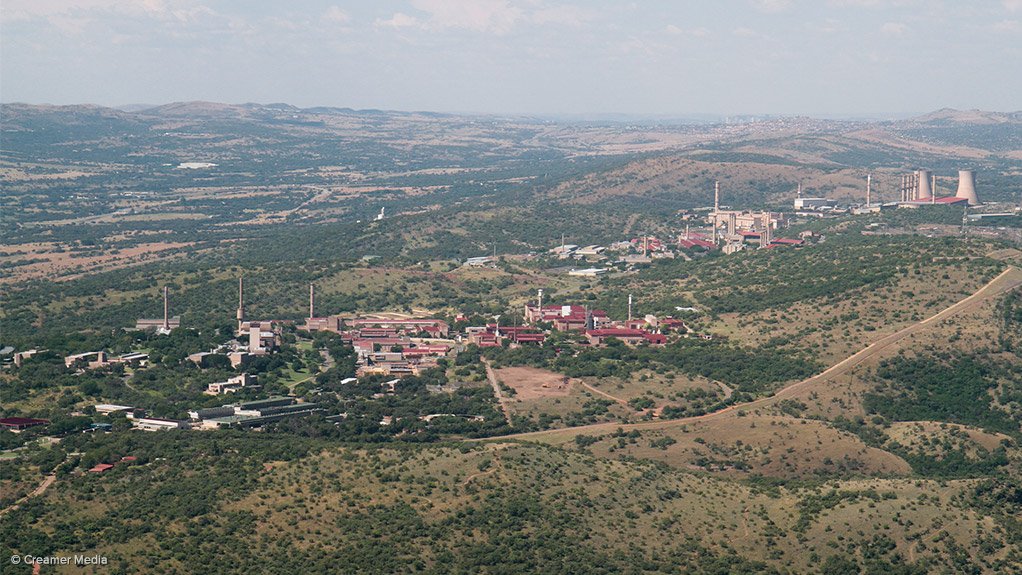The South African Nuclear Energy Corporation (Necsa) has executed an immediate shut down of its NTP Radiochemical Facility, because of non-compliance with licensing conditions. NTP produces radioisotopes for both industrial and especially medical purposes, and many cancer and other patients in more than 60 countries around the world rely on its output.
"We shut ourselves down and then told the regulator, and the NNR [National Nuclear Regulator] concurred," Necsa group executive Phumzile Tshelane told Engineering News Online. "When we operate the facility, we have two gauges that show us the level of hydrogen produced. One of them went non-operational, and we control [the production process] on the difference on the readings of the two gauges. With one out, we had to stop production."
"The non-compliance is that the gauges should have been properly calibrated and production should have stopped immediately once the one gauge stopped functioning," he explained. "But production did not stop immediately – it continued until that batch of production was completed and shipped out. Production of a batch takes only about four hours, but, even so, it should have been stopped immediately."
An investigation is now under way. It is being carried out by a team of experts in both nuclear production and in auditing. The investigators are also looking back in time, to ascertain whether or not there had been previous non-compliance and, if there had been, what management action had been taken.
To facilitate the probe, the top management within the NTP chain of command have been sent on special leave. They are NTP group MD Tina Eboka, NTP group executive: strategic operations Gavin Ball and NTP group executive: compliance Gerhard Wortmann. To act as NTP group MD in the meantime, Necsa has assigned its group executive: chief technology officer Thabo Tselane, who has the expertise to keep NTP going and to address the issues currently facing the Necsa subsidiary.
"We will remain shut down for as long as safety procedures are not in place for the public and our personnel," he assured. "The shutdown is likely to last two weeks, but it depends on the NNR being satisfied that Necsa's actions are addressing the core problem."
The shutdown will have a direct impact on nuclear medicine activities across the globe. "We immediately told our customers and asked our competitors to fill the gap," he reported. "But, internationally, there is a shortage of material at the moment. Sadly, this could have a serious impact on patients. We've tried to mitigate this, but there will be an impact." In financial terms, with the shut down, Necsa is losing R3.5-million a day.
Both gauges are digital. The non-compliance was, he pointed out, a serious matter. Had the failure of the gauge allowed an unobserved build up of hydrogen in the system, then even a single spark could have triggered a chemical (not nuclear) explosion. "We're busy with corrective action."
"We don't have a hydrogen problem. But we need to be able to always show we don't have a hydrogen problem," he observed. "What we do have is a problem of adherence to procedure. We are working to rectify that."
Edited by: Creamer Media Reporter
EMAIL THIS ARTICLE SAVE THIS ARTICLE
ARTICLE ENQUIRY
To subscribe email subscriptions@creamermedia.co.za or click here
To advertise email advertising@creamermedia.co.za or click here













